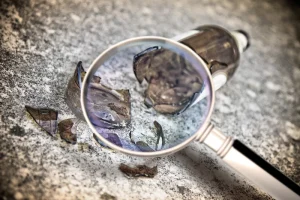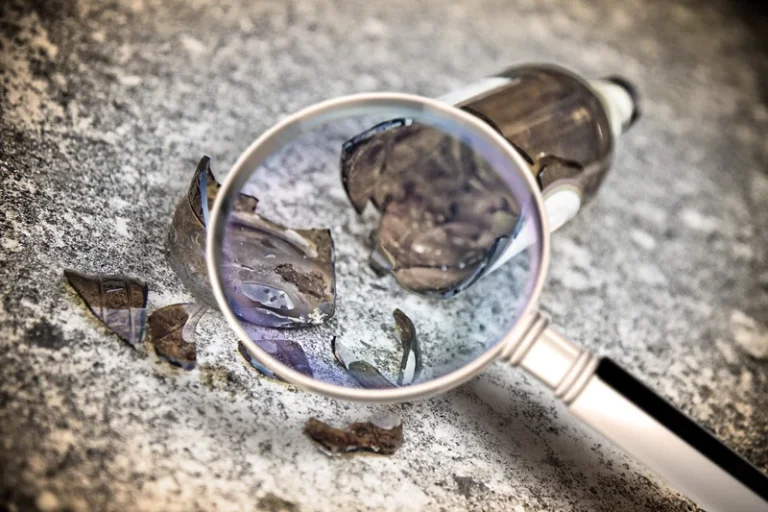In addition, promoting healthier relationship dynamics can be achieved through engaging in open and honest communication, establishing boundaries, and seeking assistance from a qualified therapist or support group. Codependent relationships often involve excessive caretaking and a loss of personal identity as one partner focuses primarily on the needs of the addicted person. This can lead to a neglect of their own needs and desires, as well as a diminished sense of self-worth. Furthermore, the codependent relationship can act as an enabling influence in the addict’s life, perpetuating their addiction and destructive behaviors. Lying and deceitful behavior by the addicted person can erode trust in a relationship, leading to a breakdown in communication and intimacy.
Behind The Real Sex And Love Addiction In The Musical Film ‘Unlovable’
- SLAA did not respond to NPR’s requests for comment, and does not track the demographics of its membership.
- You may be able to motivate someone who is an addict to receive help, and you can go through this process together in some ways, but not every addict will accept help and go through treatment.
- Attempt after attempt leaves the sufferer baffled, as romantic partners and romantic love fail to quench their cravings and meet their expectations.
- However, codependency isn‘t balanced — and often isn‘t fulfilling for one or both partners.
- When friends or family get angry with me, I get curious and tend to the relationship by seeking to understand them more.
- Ending enabling behaviors and fostering healthier relationship dynamics requires both partners to take active steps toward change.
The eCourse Making Sense of Your Life can be a helpful tool in the process. A love addict will (unconsciously) look for a partner who avoids intimacy. Love addiction creates challenges in relationships and can play itself out in a variety of unhealthy behaviors.
Codependency and Enabling in Addictive Relationships
- People in both groups might experience emotional dependency, cravings, mood swings, compulsions, obsessions, and loss of self-control.
- During recovery, help and accountability from friends and loved ones may also be needed.
- Read on to learn how to overcome the challenges that can occur when living with a loved one with addiction, along with how to care for them — and yourself.
- My behavior towards love interests was controlling, and my expectations were unrealistic.
Establishing boundaries and seeking assistance from a qualified therapist or support group are potential strategies for terminating enabling behaviors. Loving an addict is one of the most difficult things that can happen to most people. Whether you’re in a romantic relationship with an addict, or it’s your child, parent or someone else you’re close to, it’s incredibly difficult to continue loving someone with an addiction to drugs or alcohol. While you may make your best effort to help them, at some point, you might also have to understand how to let go of an addict you love. However, just because you come from a dysfunctional family doesn’t mean you can’t create secure attachments and have healthy relationships.
Lifestyle Quizzes
How attuned the parent is to their child at times of distress over time forms an attachment pattern that follows the child into their adult relationships. Get professional help from an online addiction and mental health counselor from BetterHelp. People in healthy recovery take accountability for their past actions and can tell you how they have been in denial and how they have blamed others and groomed others to dismiss their problematic behaviors. However, people who you may want to stay away from are those who bombard you with an endless litany of excuses, when you love an addict rationalizations, and project their problems onto you. If you suspect someone is struggling with an addiction, chances are you’re right.
- The first could be if you were already in a relationship with a person before they were an addict, and now they’re in the midst of addiction.
- Some of these manipulations include lying, cheating, blaming, raging and guilt-tripping others, as well as becoming depressed or developing other kinds of emotional or physical illnesses.
- But people in recovery will try and maintain some semblance of routine and consistency in their physical realm knowing the physical impacts of the emotional/spiritual components of recovery.
Persistent jealousy, self-doubt, and continual suspicion are just a few indications of broken trust. It’s complicated, and lust and love and addiction don’t always exclude one another. Endless analyzing doesn’t help or change our feelings, because we’re often driven by forces outside our conscious awareness. It still isn’t easy to start showing up at sex and love addiction meetings, Vare said.
By working with a trained professional, couples can learn to identify and tackle difficulties in their relationship, such as communication, trust, and emotional intimacy. The therapist will also assist the couple in constructing plans to more effectively manage their relationship and strive for a healthier and more satisfying relationship. The connection between addiction and mental health issues is a crucial factor in understanding the capacity for love in a relationship. Addiction can lead to heightened levels of anxiety and depression in the individual with the addiction, and feelings of powerlessness and being overwhelmed in the other partner. Ending enabling behaviors and fostering healthier relationship dynamics requires both partners to take active steps toward change.






